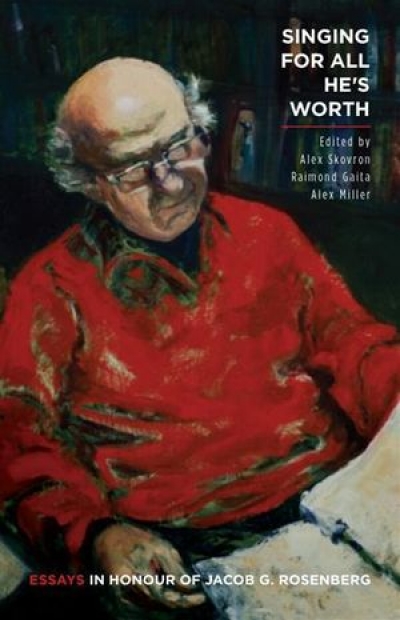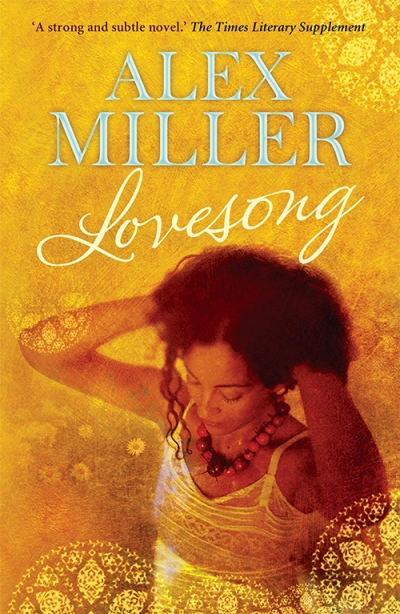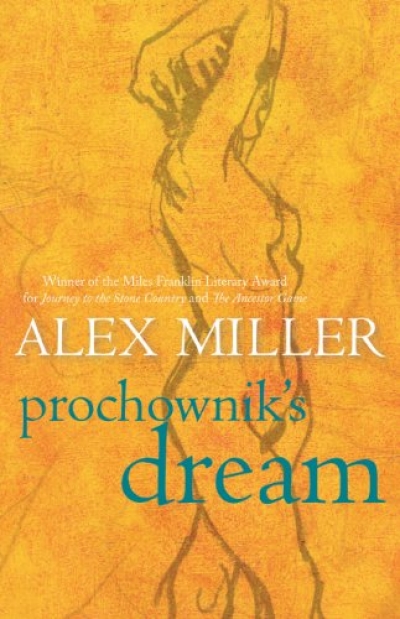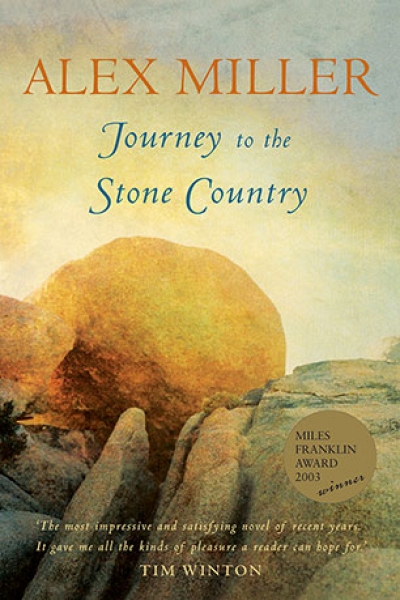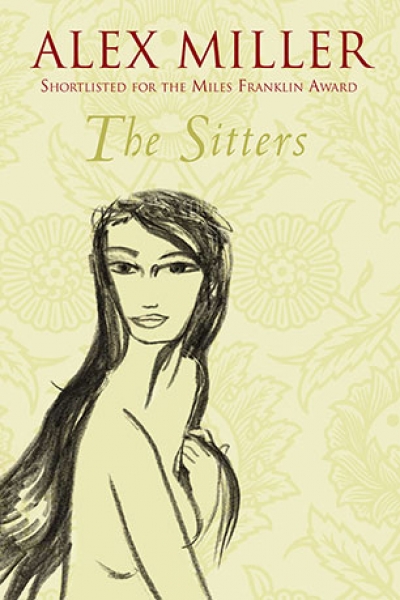Alex Miller
Singing for All He’s Worth: Essays in Honour of Jacob G. Rosenberg by Alex Skovron, Raimond Gaita, and Alex Miller
by Andrea Goldsmith •
At the moment, my hero is Rimbaud’s self in his Les Illuminations. Who knows who it will be tomorrow? And my heroine? Always Lo.
... (read more)The Choir of the Just
Peter Craven’s review of the Macquarie PEN Anthology of Australian Literature has generated much comment, some of it favourable, some not. Much of the latter was concentrated on the Internet, with the kind of reflexive, personality-driven, bien-pensant umbrage that often passes for literary discourse in the blogosphere. James Joyce’s phrase ‘the choir of the just’ springs to mind. What comes through is a shrill note of intolerance, the implication that because certain people disagree with other people’s views, the latter should not be aired. So much for liberal values.
... (read more)

